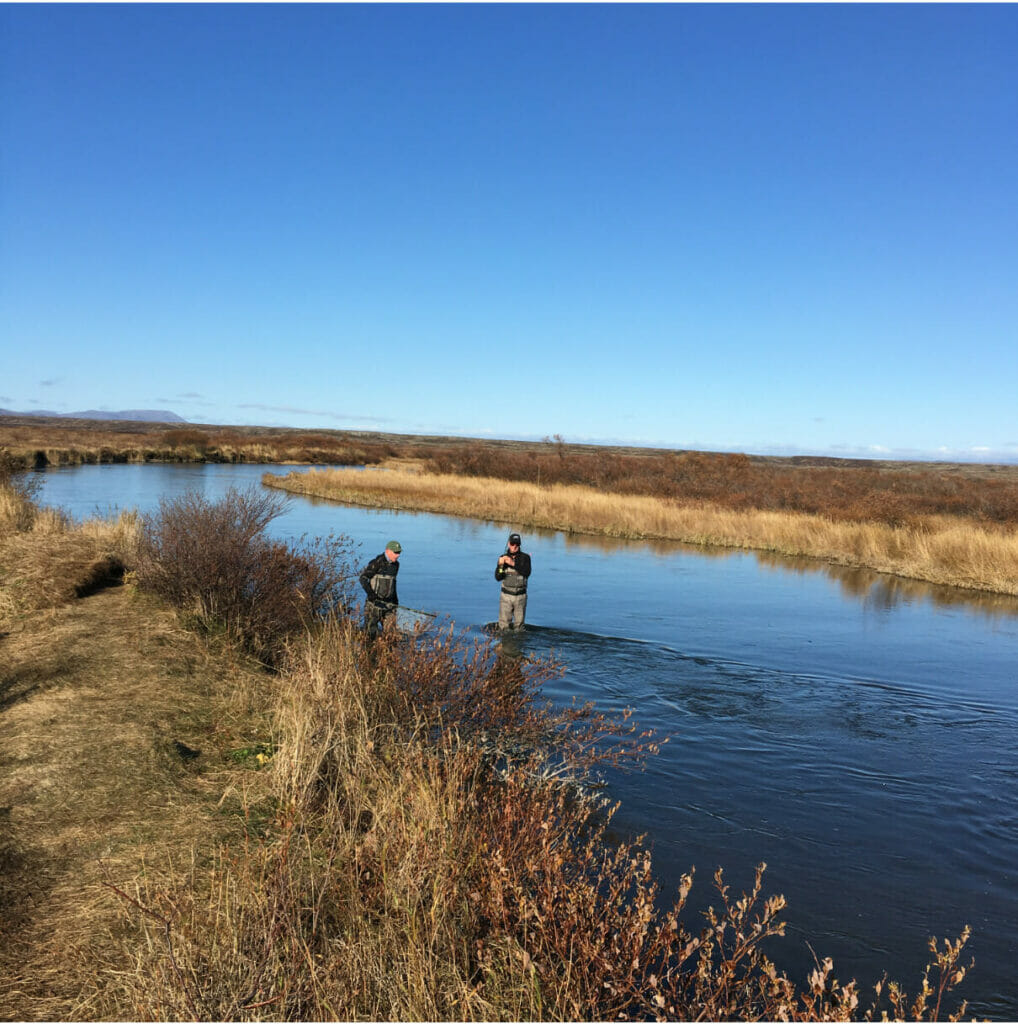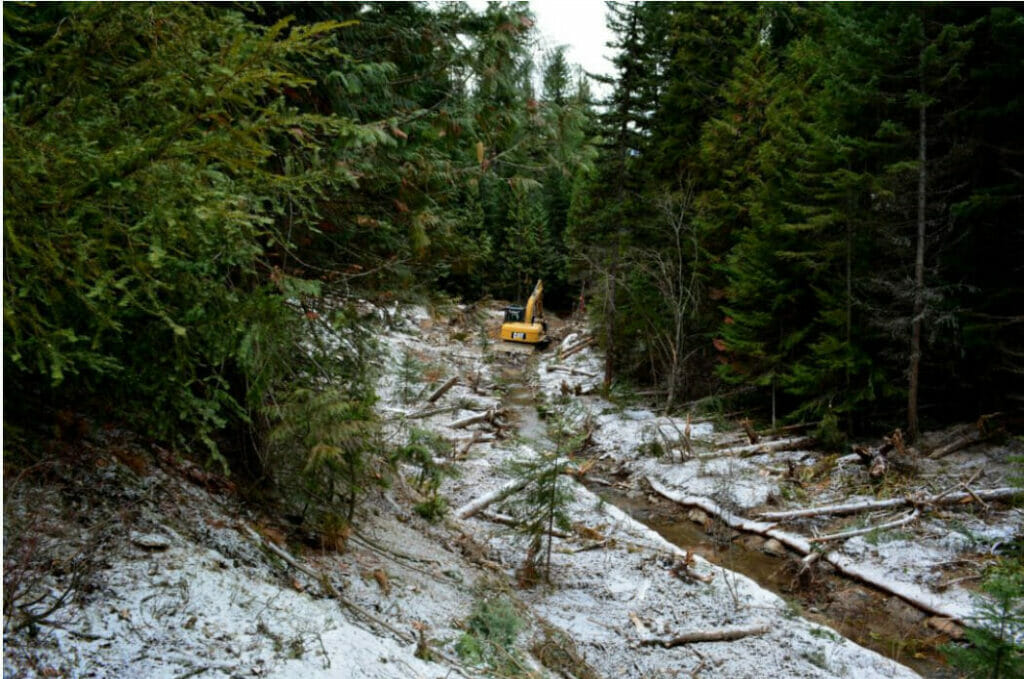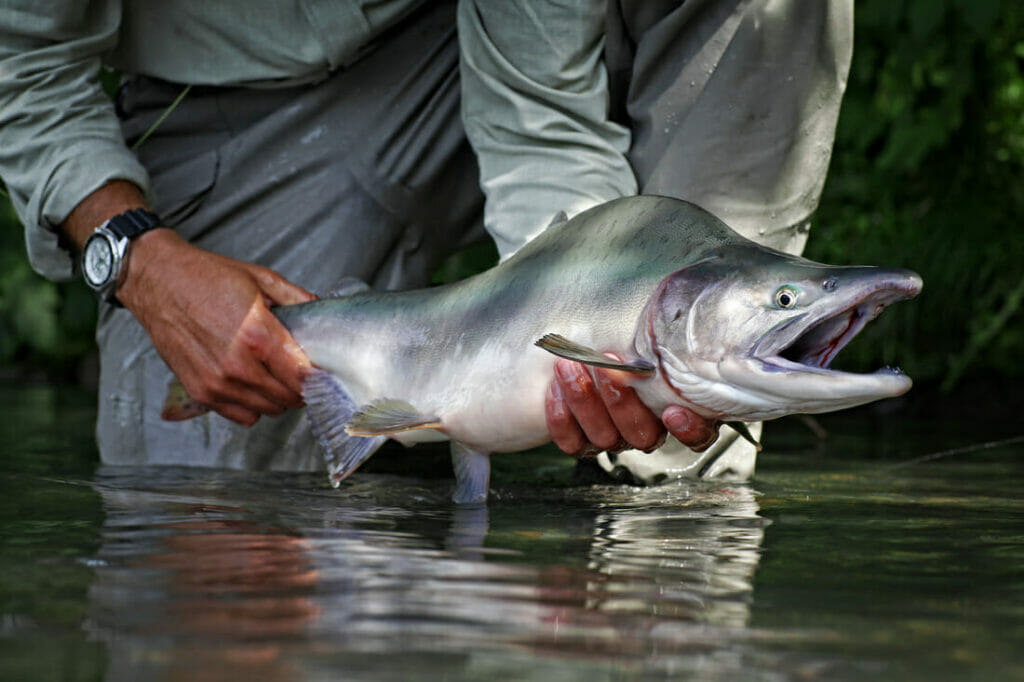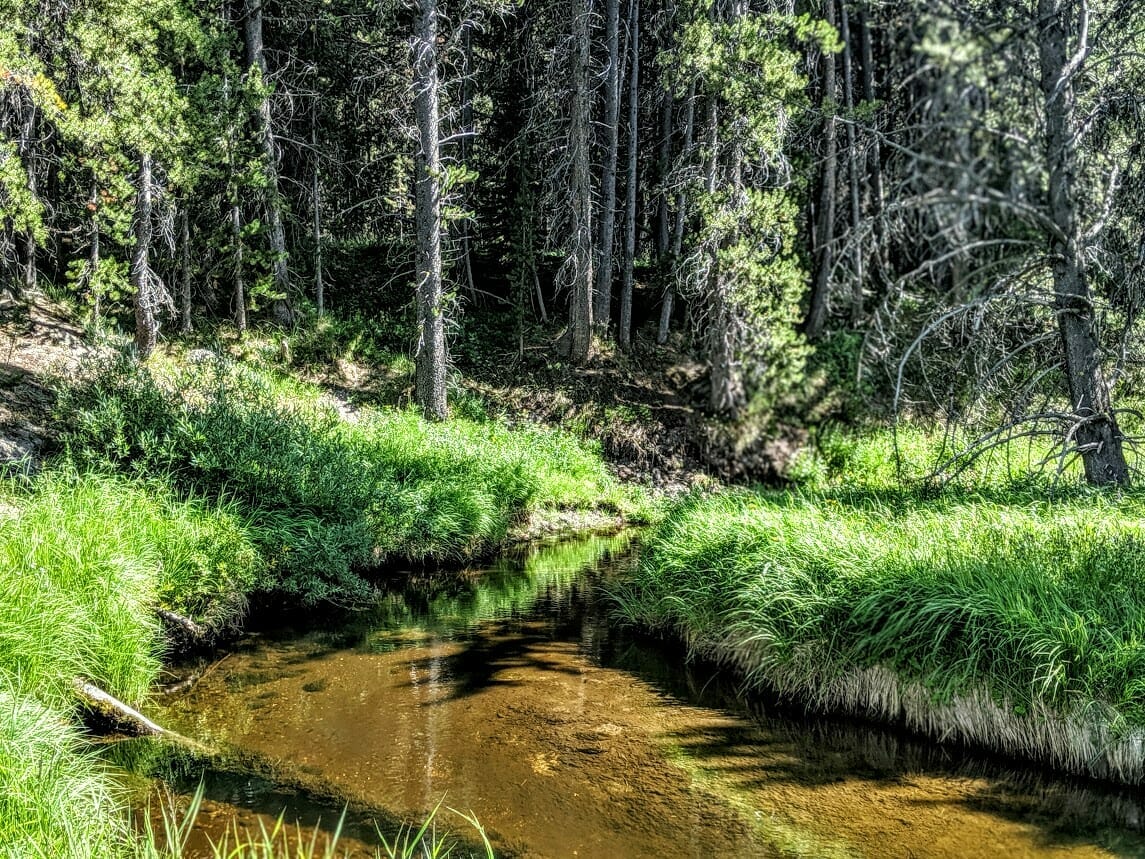As he was sworn in as the 46th president of the United States this week, Joe Biden made a powerful call for unity as the necessary foundation for tackling our nation’s challenges.
Many celebrate and welcome the change. Others are angry and frustrated. Here is what I wrote four years ago when President Trump was elected.
“Angling is a cultural, not a political issue… We know how to get people from across the political spectrum to work side-by-side toward common goals. This is who we are; it is what we do. The fact that we can cross political boundaries is what makes us so effective. It’s what makes us welcome at the negotiating table.”
Trout Unlimited works with whoever is at the controls of the White House, agency, House, Senate, or committee leadership. Demonstrating the point: our tireless advocacy efforts helped persuade the last administration to deny a key permit for the Pebble Mine in Alaska and to sign the Great American Outdoors Act into law.

The need for swift action to address the pandemic, climate change and other vexing problems is great, but our government—our nation—remains starkly divided today. Our work can help to bring people together to find common-sense solutions to common problems for the common good. As the new administration determines its priorities, here are a few that can unify people while protecting and recovering the the lands and waters that sustain our great nation.
Climate change
Scientists tell us that we could lose 50 to 75 percent of our wild trout habitat by 2080, and they predict further declines in already threatened salmon and steelhead populations. Congress must take aggressive action to slow climate change. At the same time, the Biden administration needs to address the impacts we are already seeing now—the triple threat of floods, drought and wildfire.
President Biden should direct federal agencies to take actions that help to make our rivers, streams and communities more resilient to the effects of a changing climate. For example:
- The Federal Emergency Management Agency can ensure that disaster relief funding is spent to avoid damage from floods and fire before they happen.
- Billions of dollars in Farm Bill funding can be used to incentivize restoration activities on private lands that are good for fish, wildlife and people, too.
- The U.S. Forest Service can pivot from policies that take value from our national forests in the form of subsidized timber harvest, and instead focus on returning value through restoration and stewardship. The new administration should require that all timber sales on public lands, for example, be designed to protect communities from unnaturally intense fires, to recover healthy forests and to restore habitat for fish and wildlife.

Clean water
President Biden should reverse his predecessor’s removal of protections for small seasonal streams under the Clean Water Act. Gravity works cheap and it never takes a vacation. Small seasonal streams are the arteries of the land. Their health reflects the health of larger downstream water bodies.
Protecting small headwater streams helps to reduce downstream water filtration costs for local communities. It can temper downstream flooding, and help prevent damage to homes, businesses, roads and bridges. Let’s not forget that these small streams are, in many cases, where big fish go to make little fish, too.
For the first several decades of its passage, the Clean Water Act applied to small, seasonal streams. President Biden should reinstate them for the good of communities and fish.
The Tongass and Snake River
Against the wishes of career professionals at the Forest Service, the Trump administration revoked protections put in place 20 years ago for more than 9 million acres of roadless lands on the Tongass National Forest — a forest that comprises 25 percent of the world’s temperate rainforests.
The Tongass is notorious for money-losing old-growth timber sales; but it should be known as America’s salmon forest. More than 25 percent of the salmon on the West coast grow up in the rivers and streams of the Tongass. One in 10 jobs in southeast Alaska is connected to the $1 billion dollar salmon fishery. The salmon from the forest’s rivers and streams are also of immense cultural, spiritual and subsistence value to Alaska’s native tribes.

At the same time, America has spent over $18 billion in a failed effort to recover Columbia and Snake river salmon in the Pacific Northwest. Scientists tell us the problem is the four lower Snake River dams that interfere with migration and spawning. It is time for them to be removed, and to do so in a way that helps both the fish and the people who depend on the dams today. Removing the Snake River dams and restoring protections to the Tongass makes ecologic, social and economic sense.
At the inauguration, the 22-year-old poet, Amanda Gorman from California, spoke of the need “to close the divide, to put our future first… put our differences aside.”
In his inaugural address, President Biden spoke of unity, purpose, resolve, faith and conviction. These words define who we are. They define what we do. No matter what party or candidate we supported.
Conservation is one of those ties that bind. Let’s get to work.
Chris Wood is the president and CEO of Trout Unlimited.



